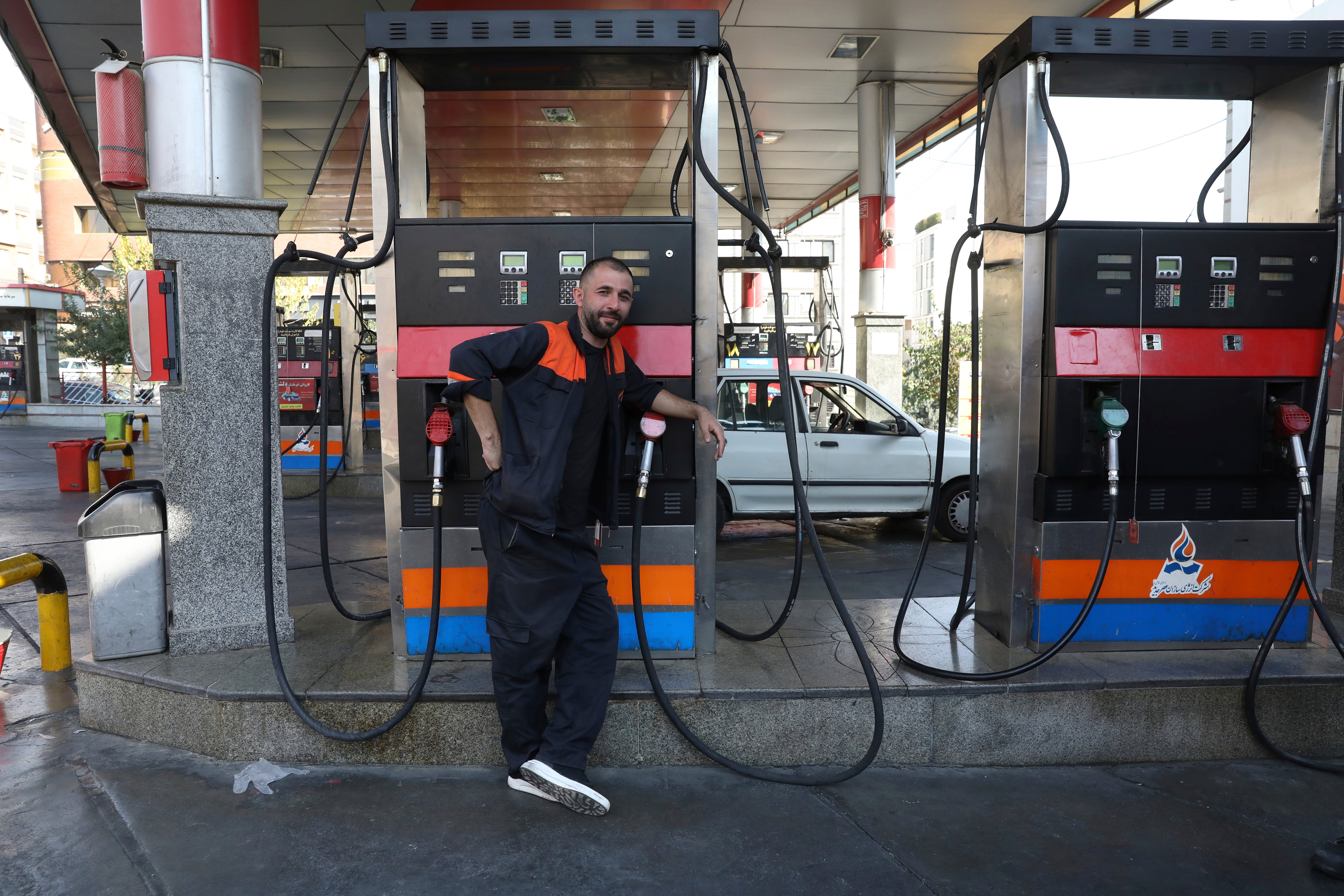Possible cyberattack hits Iranian gas stations across nation
Gas stations across Iran are suffering through a widespread outage of a government system managing fuel subsidies, stopping sales

Gas stations across Iran on Tuesday suffered through a widespread outage of a government system managing fuel subsidies, stopping sales in an incident that one semiofficial news agency briefly referred to as a cyberattack.
An Iranian state television account online shared images of long lines of cars waiting to fill up in Tehran. An Associated Press journalist also saw lines of cars at a Tehran gas station, with the pumps off and the station closed.
State TV did not explain what the issue was, but said Oil Ministry officials were holding an “emergency meeting” to solve the technical problem.
The semiofficial ISNA news agency, which called the incident a cyberattack, said it saw those trying to buy fuel with a government-issued card through the machines instead receive a message reading “cyberattack 64411.” Most Iranians rely on those subsidies to fuel their vehicles, particularly amid the country's economic problems.
While ISNA didn't acknowledge the number's significance, that number is associated to a hotline run through the office of Iran's Supreme Leader Ayatollah Ali Khamenei that handles questions about Islamic law. ISNA later removed its reports.
Farsi-language satellite channels abroad published videos apparently shot by drivers in Isfahan, a major Iranian city, showing electronic billboards there reading: “Khamenei! Where is our gas?” Another said: “Free gas in Jamaran gas station,” a reference to the home of the late Supreme Leader Ayatollah Ruhollah Khomeini.
No group immediately claimed responsibility for the outage. However, the use of the number “64411” mirrored an attack in July targeting Iran's railroad system that also saw the number displayed. Israeli cybersecurity firm Check Point later attributed the train attack to a group of hackers that called themselves Indra, after the Hindu god of war.
Indra previously targeted firms in Syria where President Bashar Assad has held onto power through Iran's intervention in his country's grinding war.
Iran has faced a series of cyberattacks, including one that leaked video of abuses its notorious Evin prison in August.
The country disconnected much of its government infrastructure from the internet after the Stuxnet computer virus — widely believed to be a joint U.S.-Israeli creation — disrupted thousands of Iranian centrifuges in the country’s nuclear sites in the late 2000s.
Bookmark popover
Removed from bookmarks